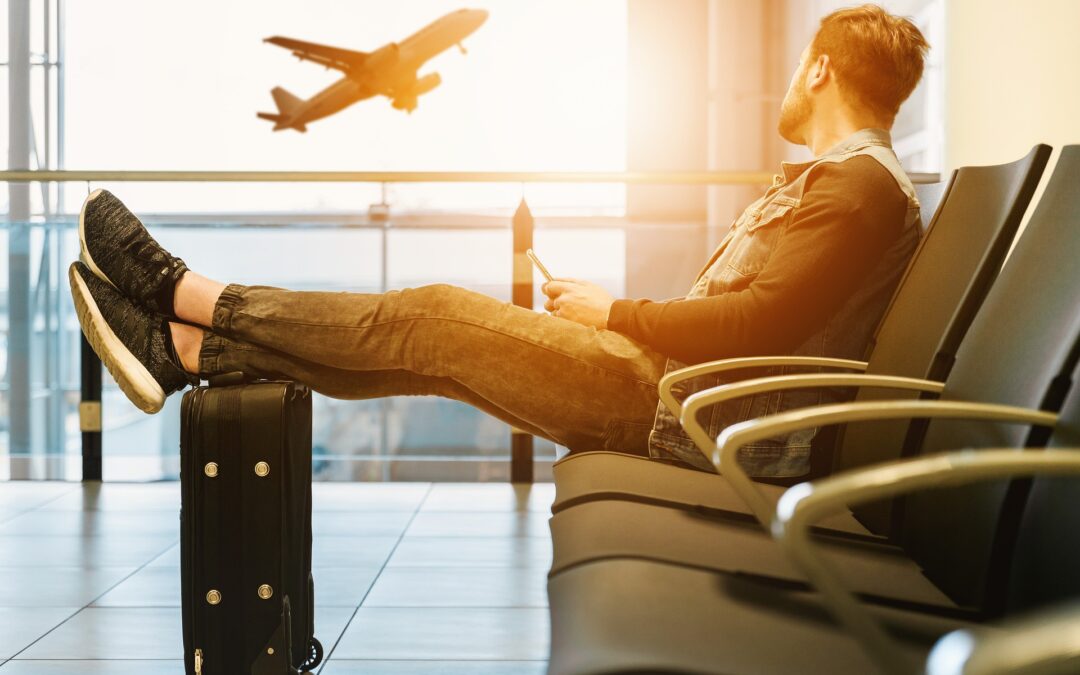Fear of flying is called Aerophobia, and it can really cramp your style. The symptoms you may experience with fear of flying are similar to any other type of anxiety, because that is essentially what it is – a form of anxiety. The reasons why that anxiety is focused on flying can range, but include a specific association with aeroplanes, or coincidental associations such as needing to fly in order to attend an upsetting event.
If you suffer from a fear of flying you might be missing out on work opportunities, such a conference attendances, or from realising your travel dreams, or reuniting with friends and family. If you are determined not to miss out, you might be spending a lot more resources on finding alternative ways to get to your destination.
Charlie’s Fear of Flying
Charlie needed to fly to Sydney for a job interview. He was terrified. He used to be able to fly without issue, and then he experienced a death in the family and had to fly to Melbourne for the funeral. He was grieving badly. Charlie also had a history of feeling out of control, having been diagnosed with an eating disorder in his teens – the anorexia was his way of gaining control over himself by denying himself food. This feeling of loss of control is very common amongst people with anxiety. Charlie gave himself one month’s preparation doing three sessions of hypnotherapy in order to meet his target of getting on that plane.
When we talked over Charlie’s progressive fear of flying, it became clear that he had associated flying with death, both conceptually and emotionally. Not only was that trip to Melbourne centred on death and the approaching funeral, but the grief he was feeling was emphasised on the flight as he neared his destination.
Fears and Phobias Always Have an Emotional Foundation
More significantly, Charlie was terrified of death, because to him it was the ultimate in loss of control. This was first realised when Charlie was seven years of age and he lost his brother – that is when he first associated loss of control with death. However, digging even deeper, the feeling of loss of control began earlier.
We explored loss of control through a regression technique and we went back to early childhood. Although the event we discovered was comparatively minor in the face of tragedies yet to come, it was nevertheless a significant event in that it was the first time that Charlie had understood the feeling of loss of control.
By reframing that first time, using positive resources to help Charlie imagine his past in a better way, we were able to convince his unconscious mind that he actually handled that first event much better, as well as ensuing events. As Charlie came through his past timeline with those positive resources, he managed to feel calm instead of frightened. This then set an alternative experience, a better experience for him to draw upon.
Whether the fear of phobia is about a feeling of loss of control (very common), or anything else, getting to that emotional foundation is crucial for long-term results. The regression technique is just one of many tools that I use in my clinic to reframe the event and recondition the unconscious mind’s response to triggers.
If you have fear of flying of other phobias, we can help. Horizons Clinical Hypnotherapy Sunshine Coast

